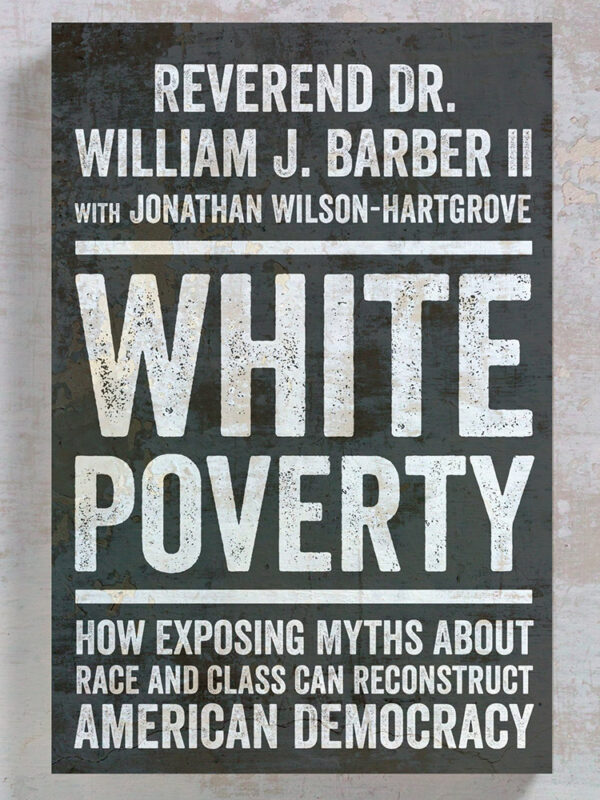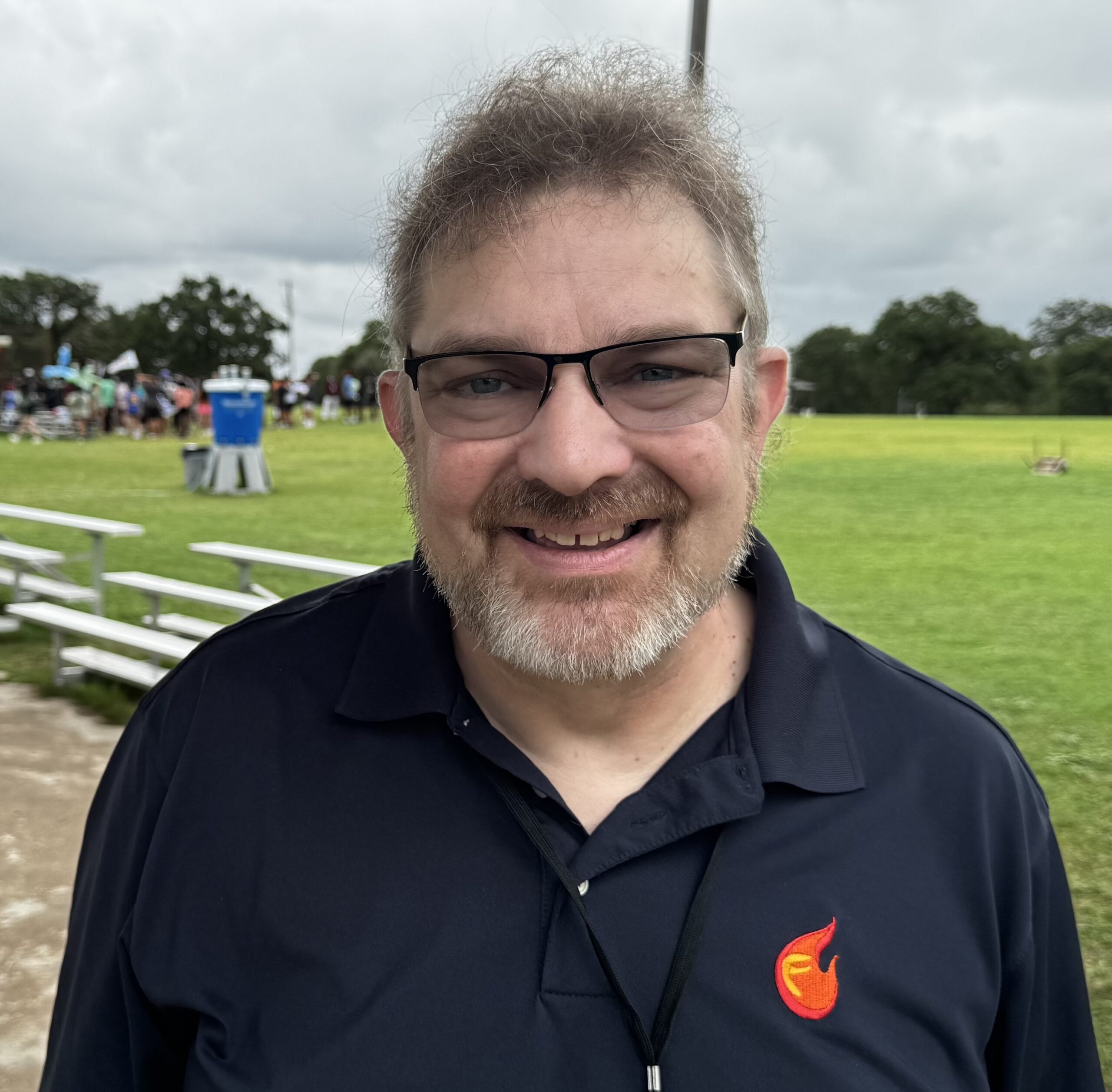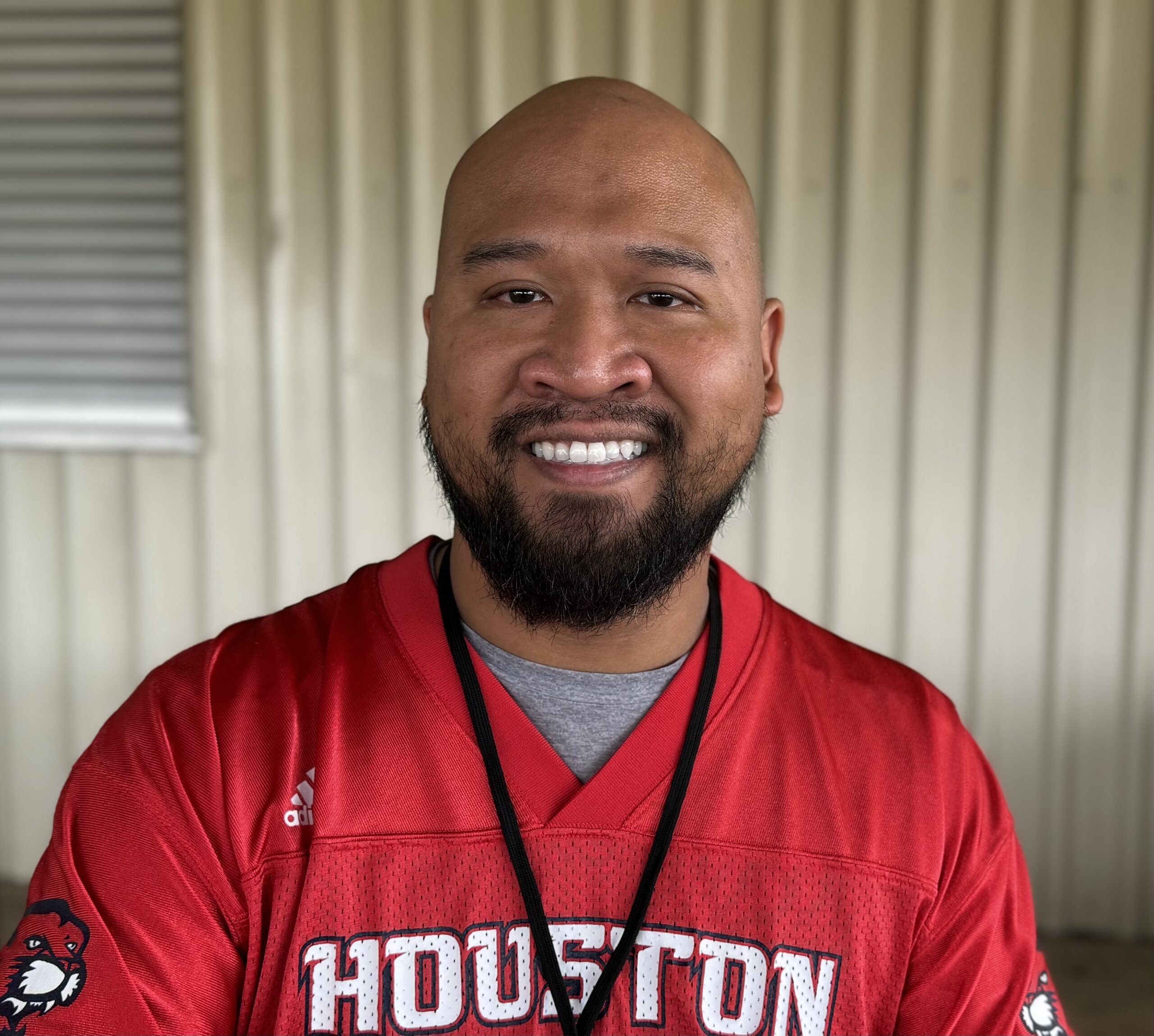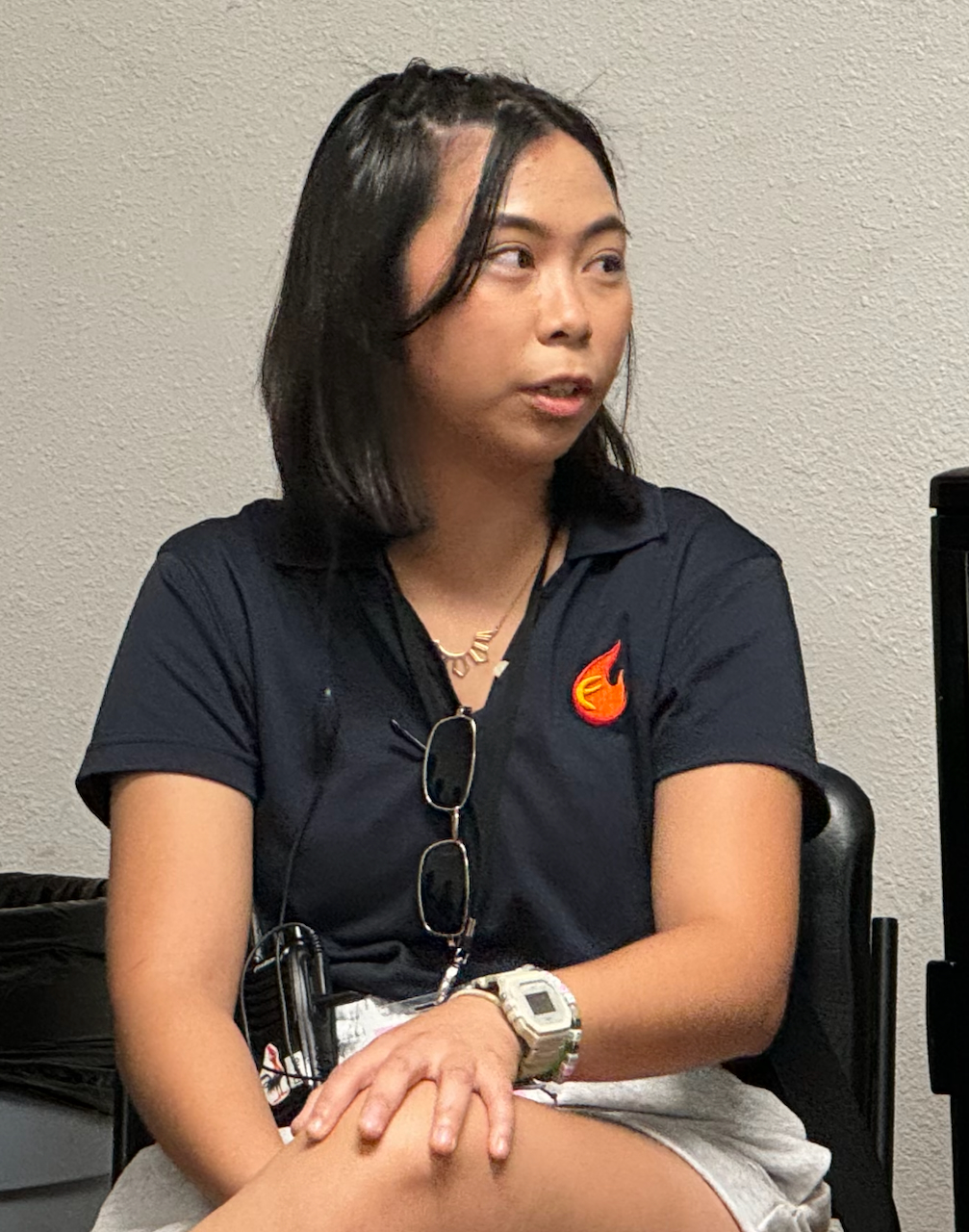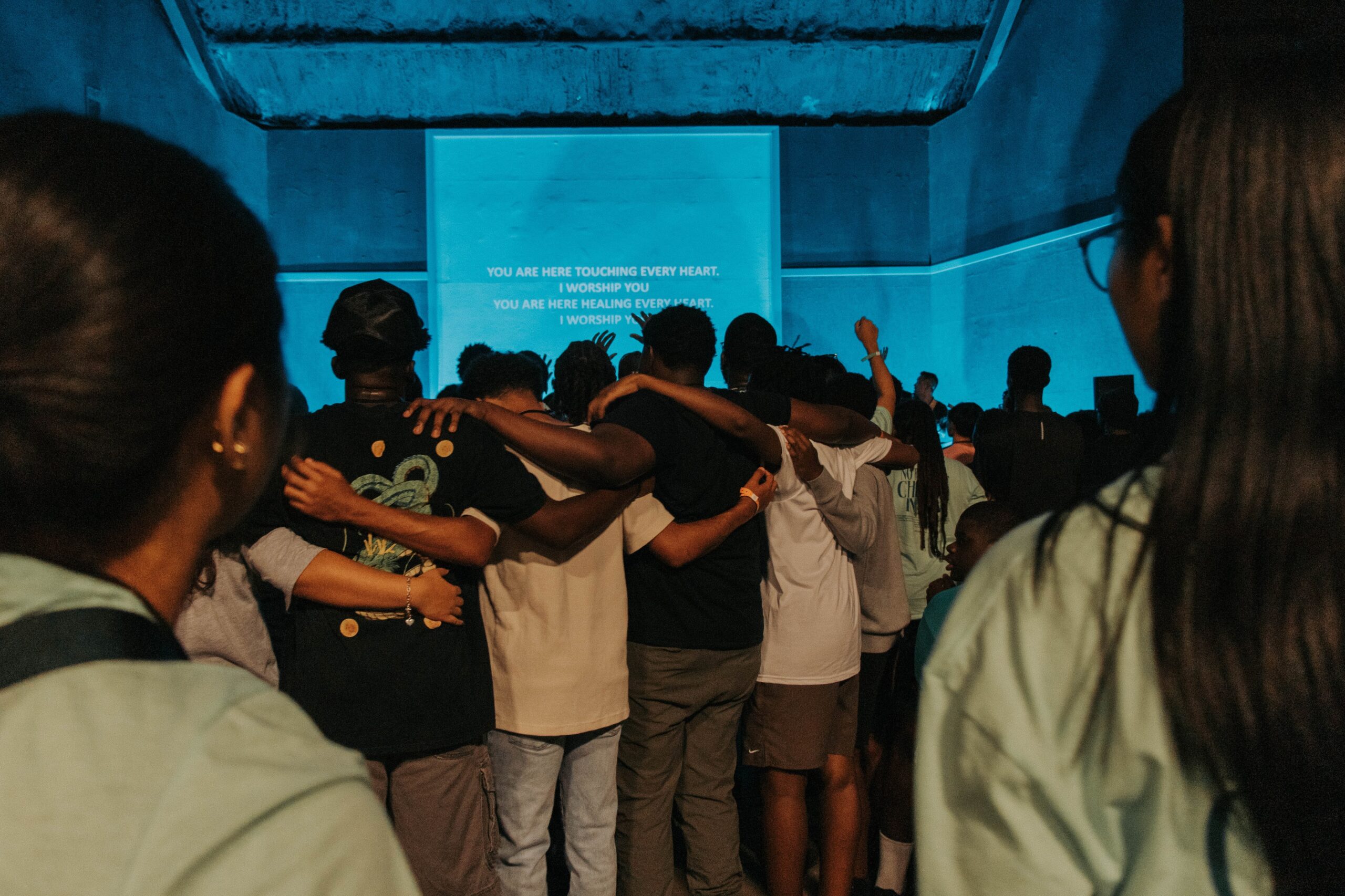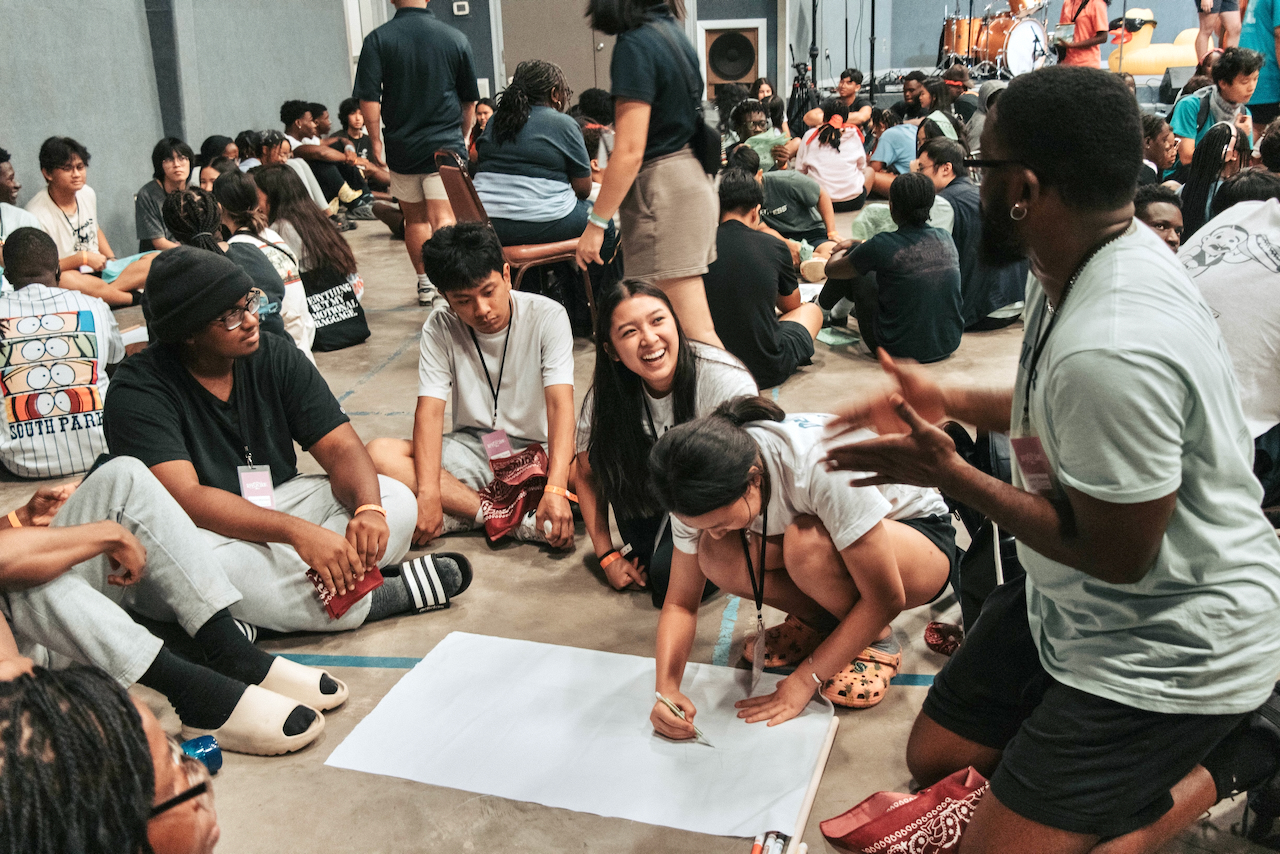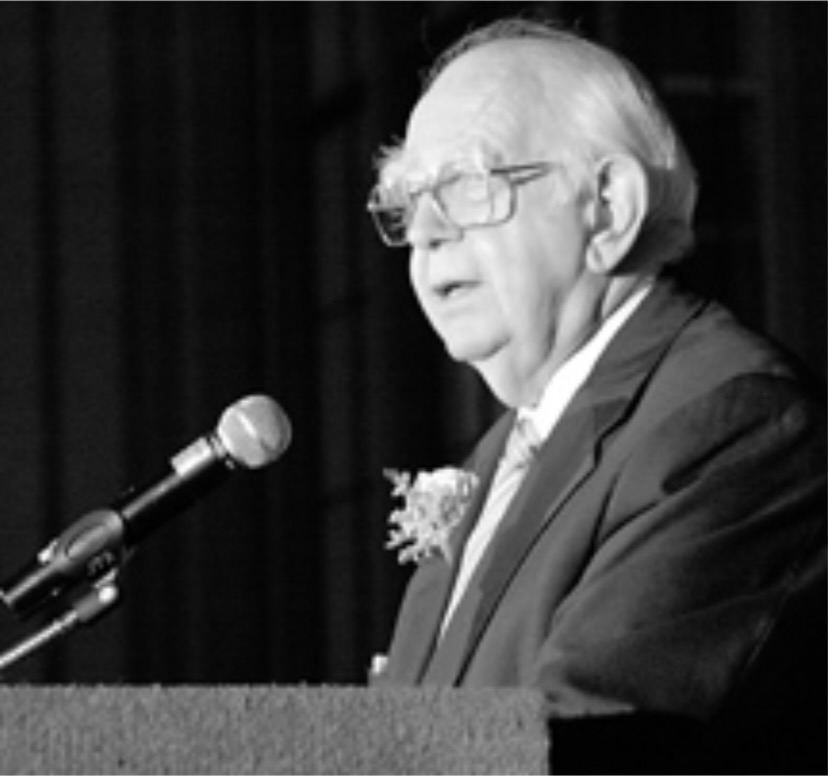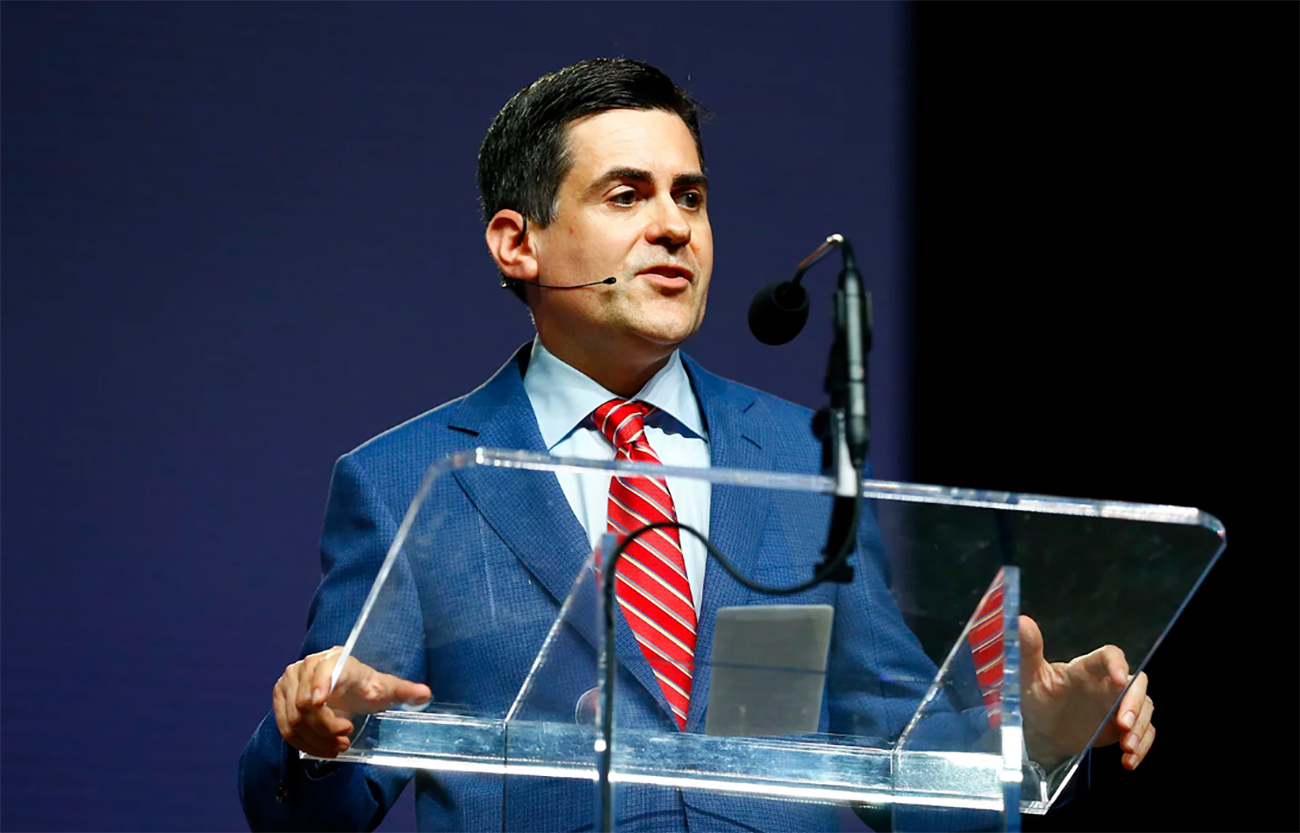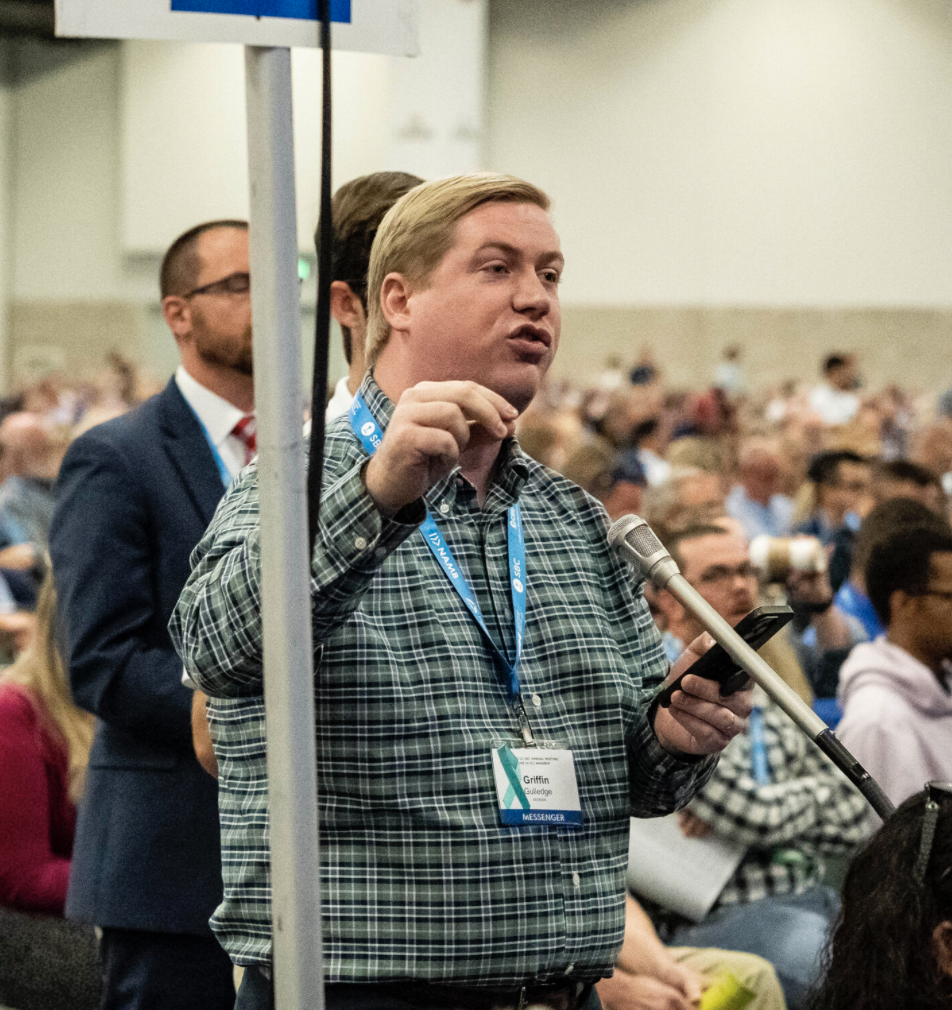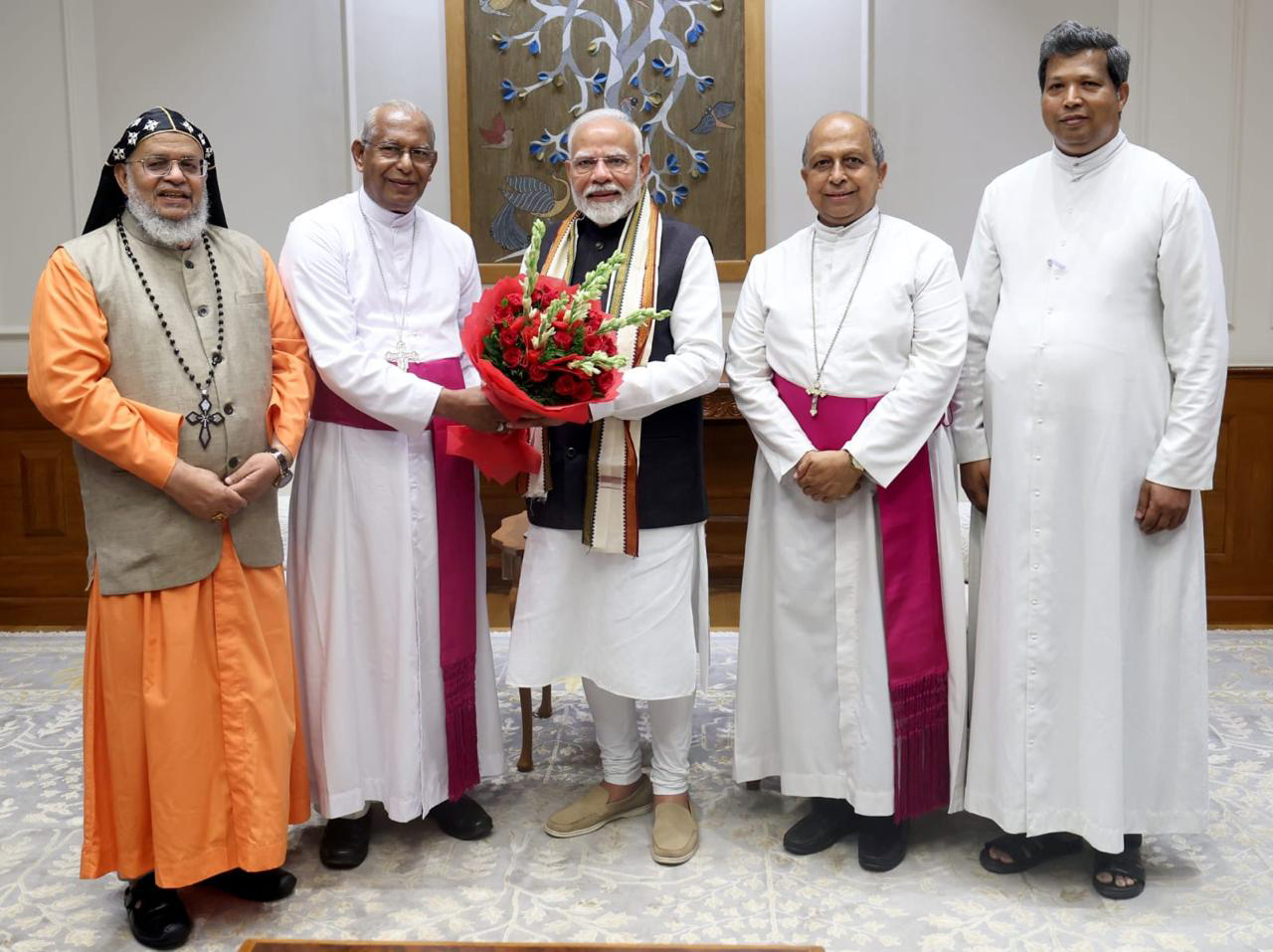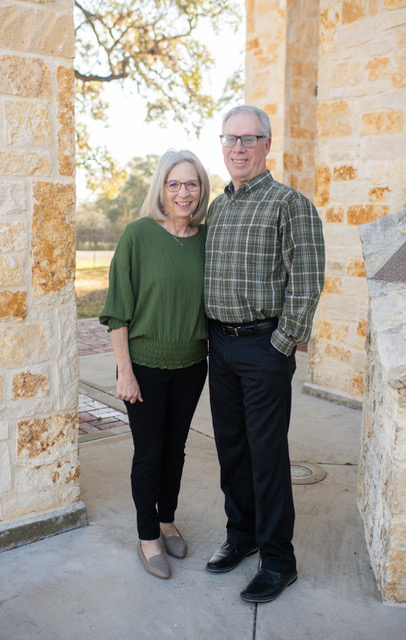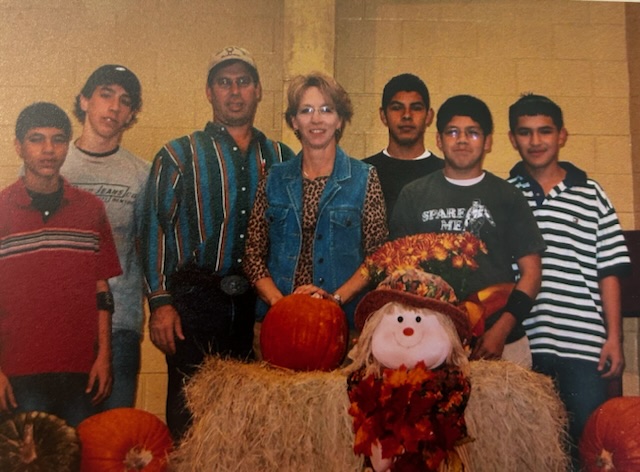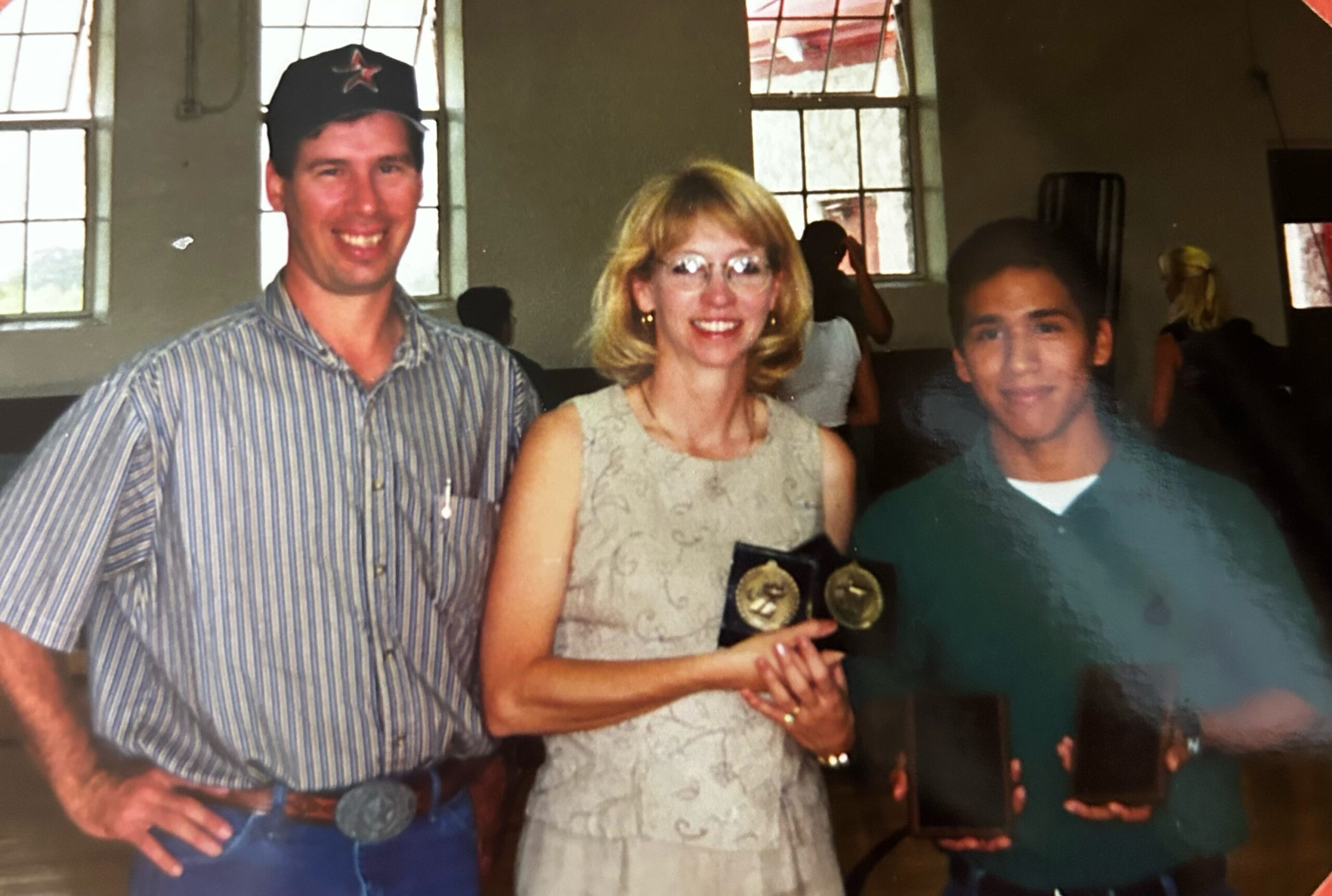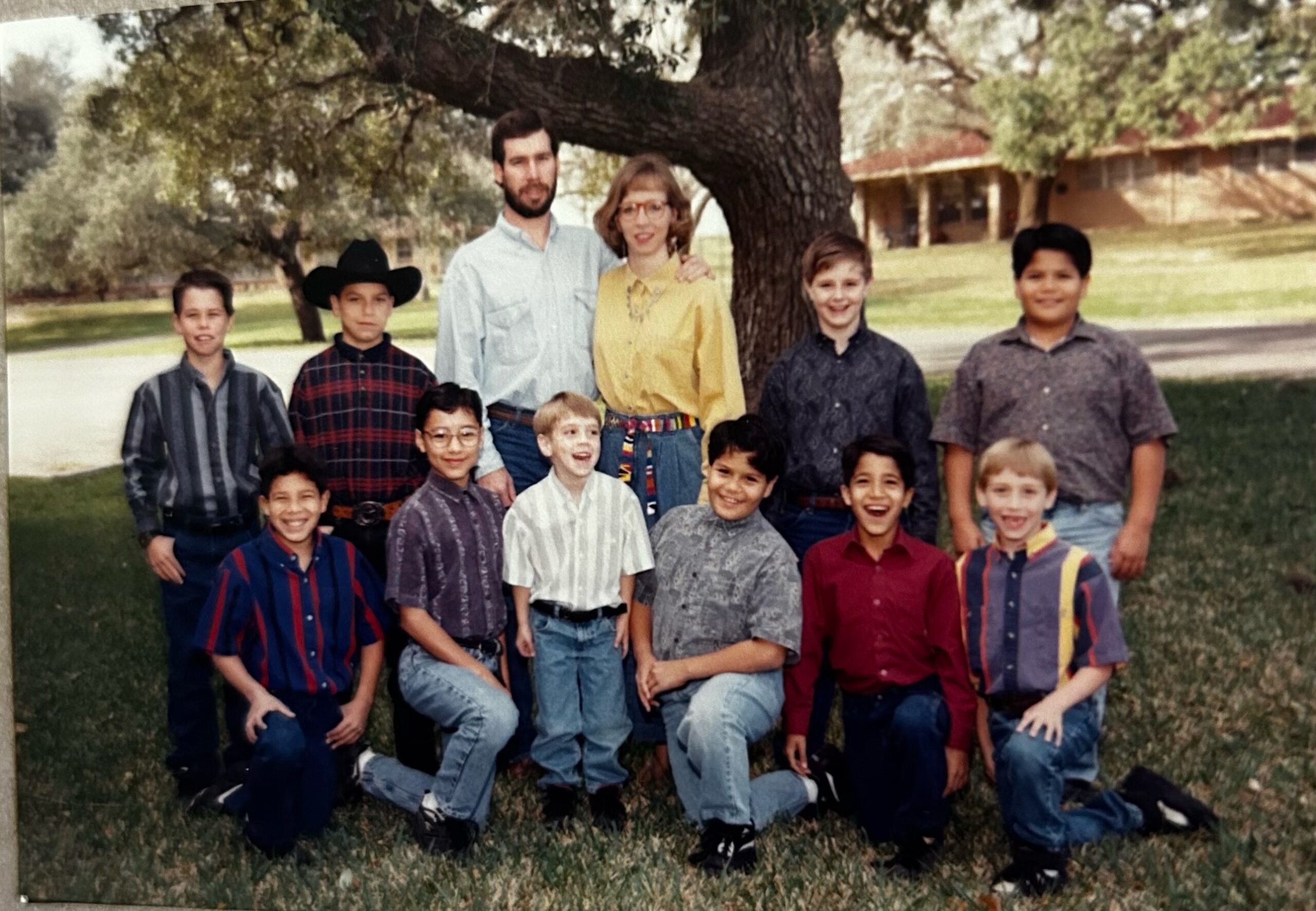Ukrainian journalists paint dire image of homeland
Religious freedom no longer exists in Russian-occupied areas of Ukraine, where religious leaders have been abducted and sometimes tortured, several Ukrainian journalists said during a recent visit to the United States.
“There is no religious freedom in the occupied areas. There is only the Russian Orthodox Church. Other churches have been closed, and pastors have been arrested,” said Vlasta Lazur with Radio Liberty/Radio Free Europe. “It is very dangerous to speak about religion if you’re not Russian Orthodox.”
Lazur was one of five journalists from Ukraine who recently traveled to the United States, including stops in the Dallas and Houston areas, in July.
They pointed to multiple violations of religious freedom in Russian-occupied regions of Ukraine.
Earlier this year, a Ukrainian priest in the occupied area of Kherson Oblast was kidnapped from his home by Russian forces and killed.
Lazur noted a church in Donbas was destroyed by Russian military the week before the journalists arrived in the United States.
Many churches, synagogues and mosques have been damaged by shelling. Some houses of worship have been dismantled in Russian-occupied areas.
In other occupied areas, Russian authorities have taken control of church buildings, looting them and turning them into cultural centers to spread propaganda, the visiting journalists noted.
“Russia controls the occupied areas, but they do not yet control the people,” said Zakhar Protsiuk, chief operating officer of The Kyiv Independent.
The reality in Ukraine belies the image Russian President Vladimir Putin seeks to project as a protector of traditional values and religion, Protsiuk said.
Government controls Russian Orthodox Church
After the fall of the Soviet Union, the Russian government recognized it could manipulate the Russian Orthodox church to achieve its own ends, he asserted.
“It is controlled by the state,” he said.
After Russia invaded the Crimean Penisula of Ukraine in 2014 and annexed Crimea, the government stripped away religious freedom in the region, he noted.
“There is no other religion apart from the Russian Orthodox Church,” Protsiuk said. “Russia banned all others—Protestants, the Greek Catholic Church [which follows Byzantine liturgy but recognizes the papacy], the Muslims and the Jehovah’s Witnesses. Russia sees the church as an extension of the government. It’s about advancing the control of the state.”
Leaders of banned religious groups have been arrested and deported to Russia, and Russian Orthodox Church leaders have abetted the process, said Yulia Zabielina, a journalist with New Voice.
Some religious leaders have been tortured, including instances of sexual assault and castration, she noted.
Others have been involuntarily conscripted into the military and placed on the front lines in Ukraine, where they have been forced to wage war on their own people, Protsiuk added.
Putin has used the Russian Orthodox Church as its propaganda arm to gain support for Russian aggression in Ukraine, and Patriarch Kirill of Moscow has obliged, Potsiuk said. The World Russian People’s Council—which Kirill heads—declared Russia’s military assault on Ukraine a “Holy War.”
He noted Kirill and other high-ranking Russian Orthodox Church officials previously were KGB agents, as was Putin.
The visiting journalists pointed to the July 8 bombing of Okhmatdyt National Children’s Hospital in Kyiv as evidence of Russia’s lack of concern for Ukrainian lives.
The missile attack claimed the lives of 27 civilians, including four children. Another 117 people, including seven children, were injured.
Ukrainian children deported to Russia

Yevheniia Motorevska, head of the unit at The Kyiv Independent investigating war crimes, noted about 20,000 Ukrainian children in Russian-occupied areas of Ukraine have been forcibly separated from their parents and relocated to Russia.
The children and youth spend extended time at “summer camps,” where they are immersed in a uniquely Russian version of history, religion and culture—including distorted teachings about Ukraine, she noted.
“Their goal is to erase the Ukrainian identity of these kids,” she said.
Older children and youth at the camps also are “militarized,” training and conditioning them to become part of the “Russian imperial machine,” Protsiuk said.
“They teach them how to handle weapons,” he said. “They are preparing the next army for the future.”
